
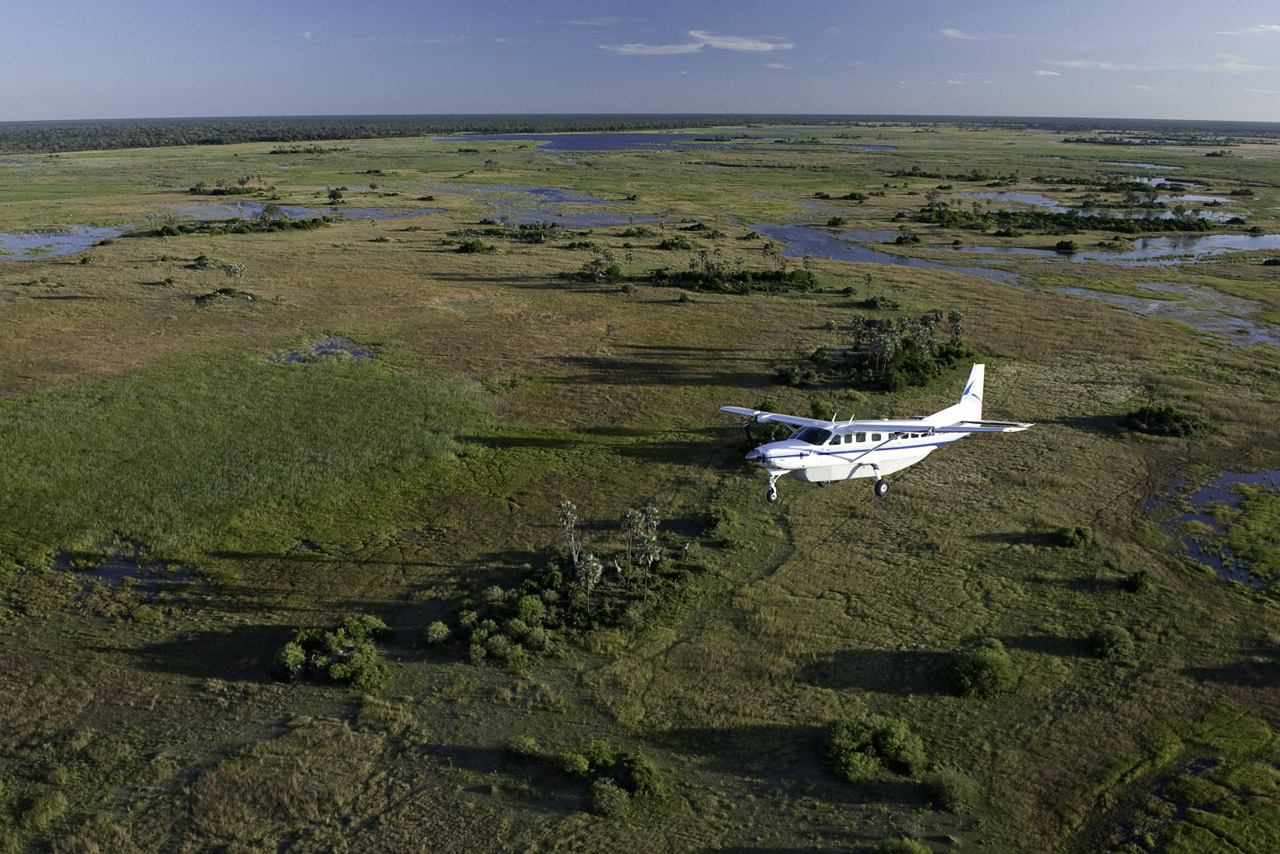

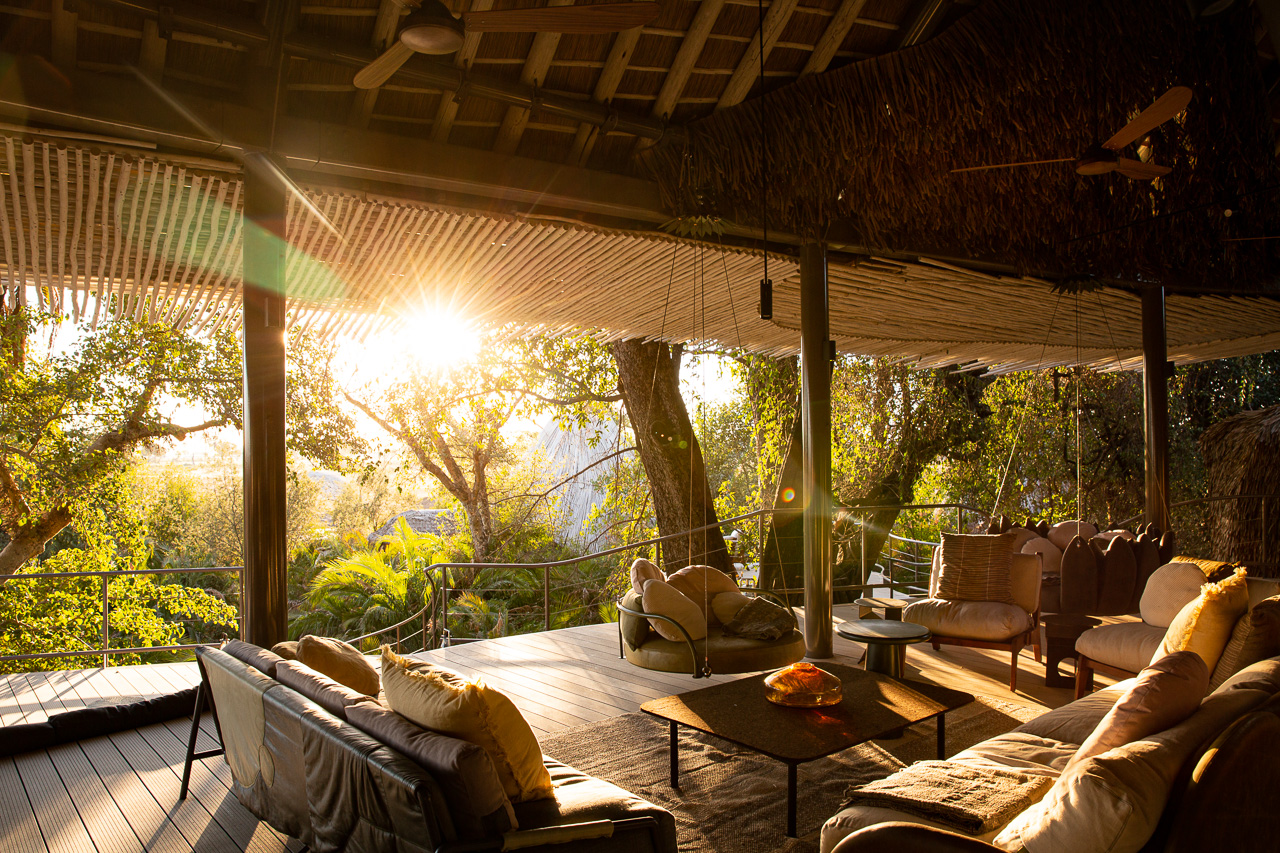
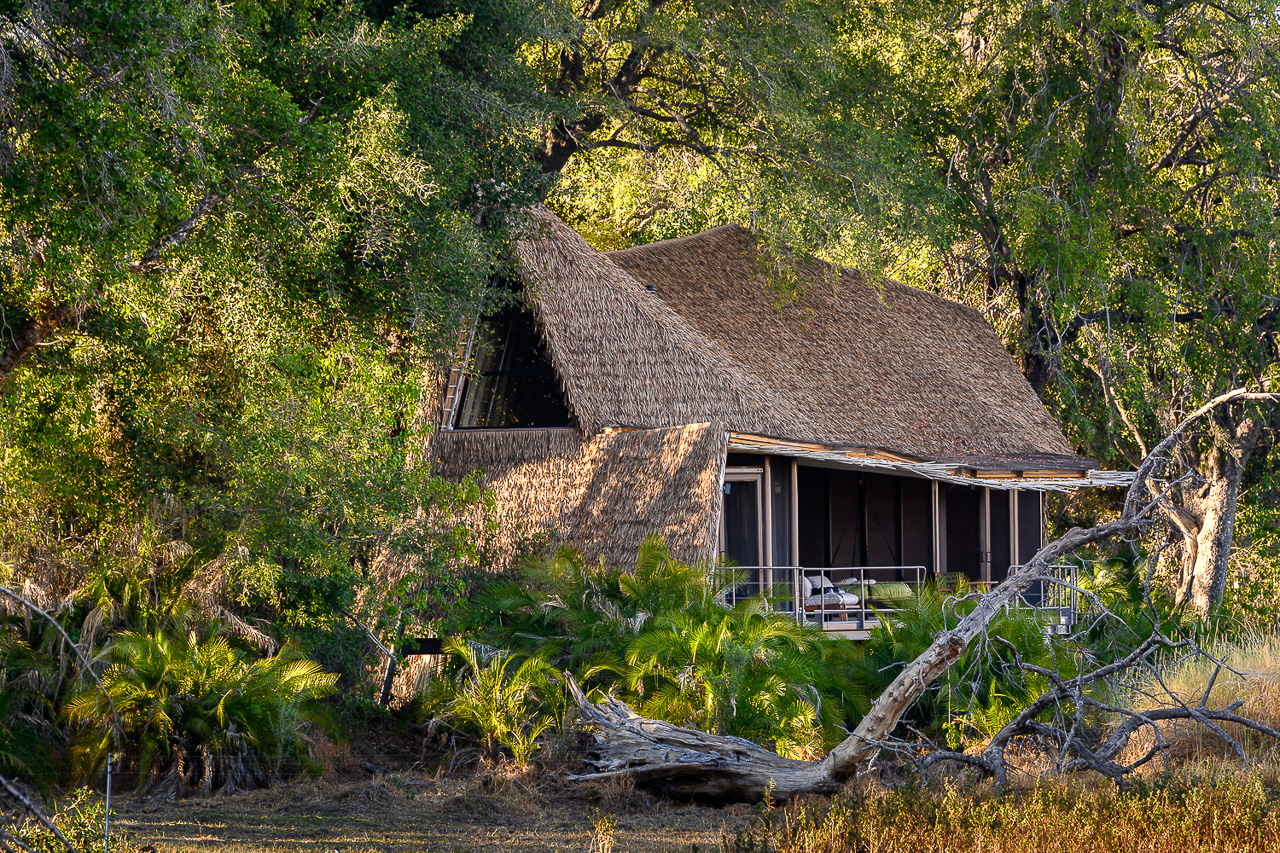
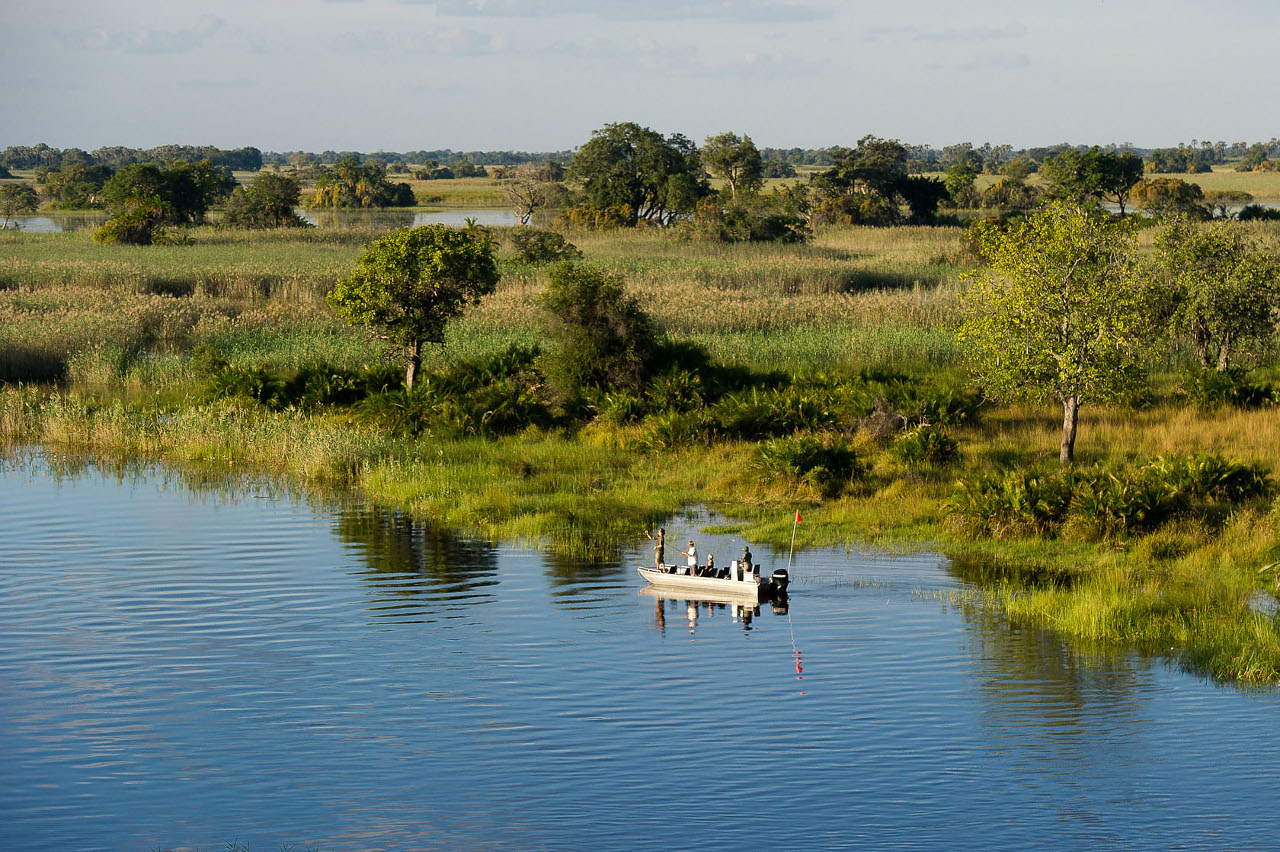
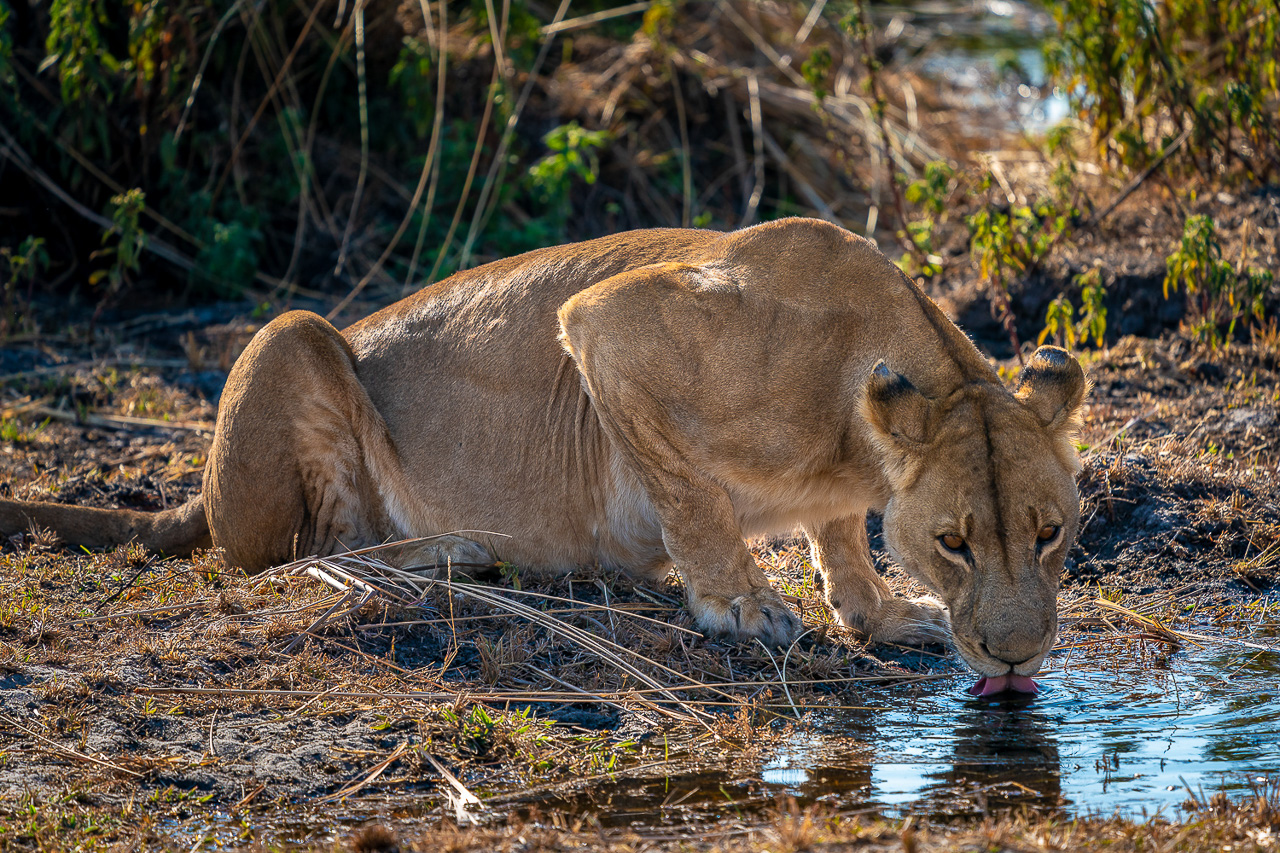
Accommodation
Jao is recommended for its water activities, its elegant architecture and its location in one of the most beautiful parts of the Okavango Delta. The camp offers five attractive and very spacious suites with en-suite bathrooms, indoor and outdoor shower, kitchenette with dining table and lounge corner, fireplace and of course a huge king-size bed. The extraordinarily high ceiling construction is supported by grey steel pipes - quite unique and maybe not to everybody's liking, but this design element is used throughout the camp's design and has certainly become a distinctive feature of Jao's architecture. The outdoor area with veranda, plunge pool and an outdoor lounge calls for relaxation. The rooms are raised on stilts and connected to the main building by long wooden walkways. However, a long walk to the main area is not needed, as lunch and dinner can also be served in the privacy of your room.
Additionally there are two larger family villas, called Jao Villa, with two en-suite bedrooms, a common lounge and dining area, a kitchenette, fire deck and plunge pool. The villas offer total privacy which includes a private butler, private chef and private vehicle / guide.
The main two-storey building is surrounded by lush greenery, creating this incredible feeling of living in trees. The library/museum on the ground floor is guarded by a giraffe's skeleton that you need to pass to get to the upper floor (ok, there are other ways too ...), where the lounge, a fireplace and a large dining area with bar are located. The dinging area can be protected with glass fronts during the cooler winter days. Stairs lead down to the boat dock, the pool and the gym/spa area. A traditional "dinner under the stars" is held regularly in the traditional boma.
Jao Camp is only accessible by light aircraft. The camp is situated approx. 10 minutes drive from Jao Airstrip. Flight time to Maun in a Cessna Caravan is 40 minutes, and 1 hour 25 minutes to Kasane.
Jao Camp is part of the private Jao Concession (630 km²). Tubu Tree Camp, Kwetsani Camp, Jacana Camp and Pelo Camp also belong to this concession.
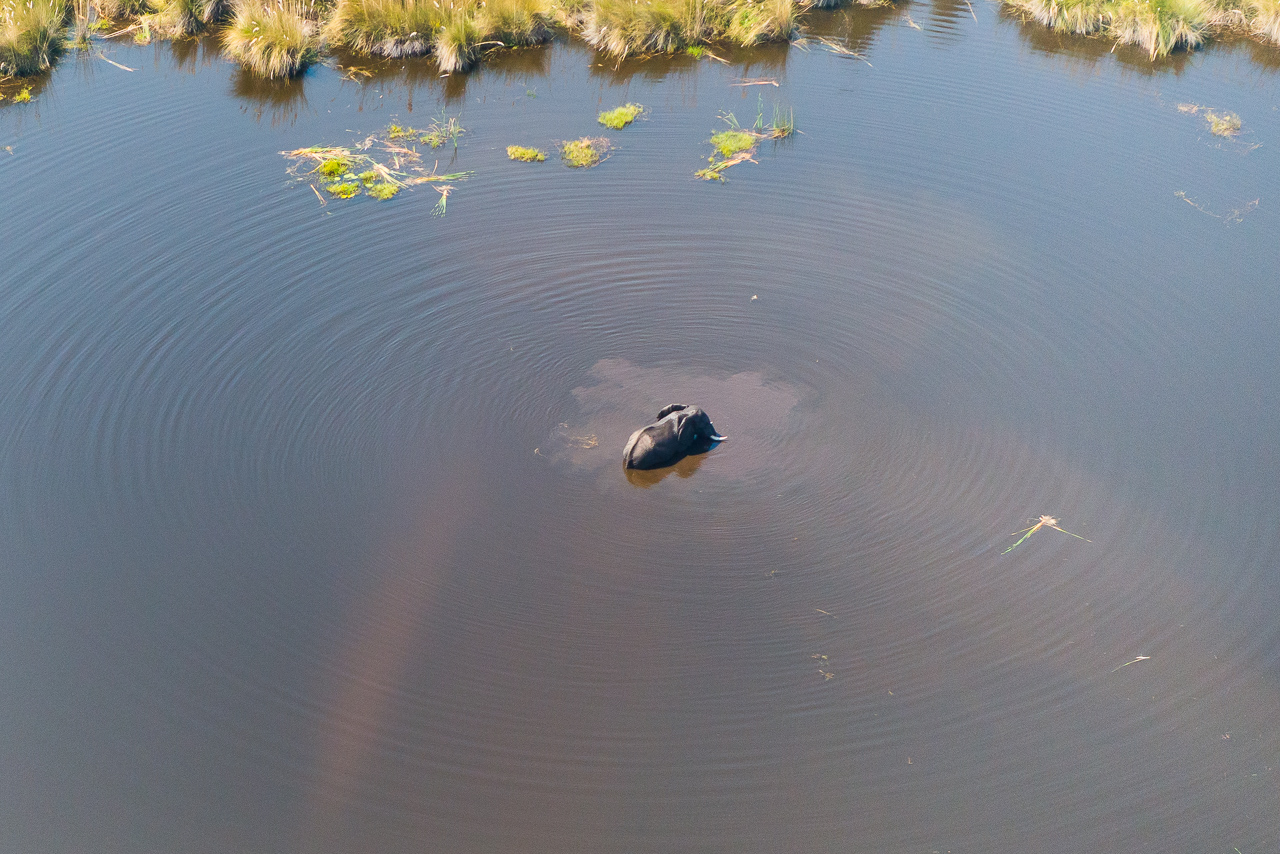
Guests can look forward to first-class service at exclusive and stunning lodges set amid pristine wilderness. The Okavango Delta is an inland delta in the north of Botswana, which can be accessed via Maun or Kasane. Some areas on the edge of the delta are accessible by vehicle, but the vast majority of lodges here are located deep in the delta, which means they are only accessible by air and therefore highly exclusive.
The Okavango Delta plays host to a fascinating cycle of rain, flood, drought, heat and cold. These processes determine the behaviour of the animals and their migration paths. The onset of rain in November / December leads to the appearance of spectacular green meadows as dormant flora springs back to life, trees sprout new leaves and colours become vivid and saturated. The vast majority of animals give birth to their young at the beginning of the wet season, which means the whole area is teeming with baby elephant, impala and kudu – big cat often gives birth to its young at this time too.
The sporadic rains continue until the end of March. Temperatures slowly drop and a feeling of spring sets in around April. The nights become cooler and dew settles on the grass, causing it to sparkling in the sun’s first rays of light when guests can be found pulling up their hoods in preparation for the early morning game drives. The floodwaters reach the delta in April, sometimes earlier, and, covering immense areas, expand outward like a living, breathing organism. The floodwater is basically rainwater from the mountains of Angola, which slowly accumulates in the Okavango River over a period of several months. It squeezes through the panhandle, which is where the Okavango Delta fans out, and then floods the entire region. The well-equipped game drive vehicles struggle through metre-deep water from one island to the next, leaving passengers awestruck and wondering how the journey is at all possible.
The coolest temperatures are measured in June / July, when night time lows can drop as far as 5°C, and welcome hot water bottles are duly distributed! Well-wrapped guests come prepared for the early morning game drives with hats, gloves and warm jackets. Daytime temperatures are pleasant and the skies are clear with bright sunshine – every day! The sun’s heat dominates once again as September approaches, the alluvial areas begin to dry out and the short, dry grass offers a clear and welcome view of the entire spectrum of wildlife here. Temperatures climb to their maximum in October as the whole parched region once again anticipates the coming rains. When huge clouds begin to gather on the horizon, you know it’s only a matter of time until the whole cycle begins again.
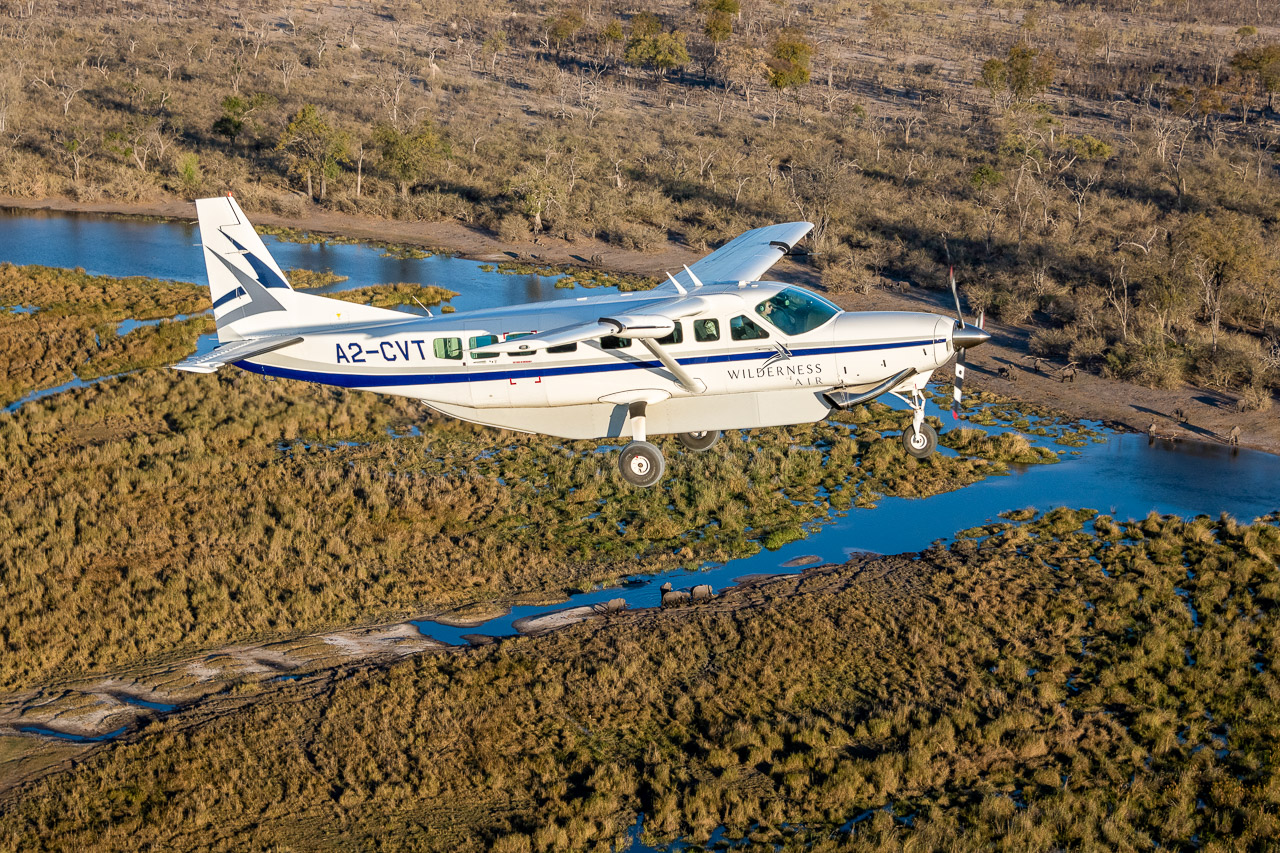

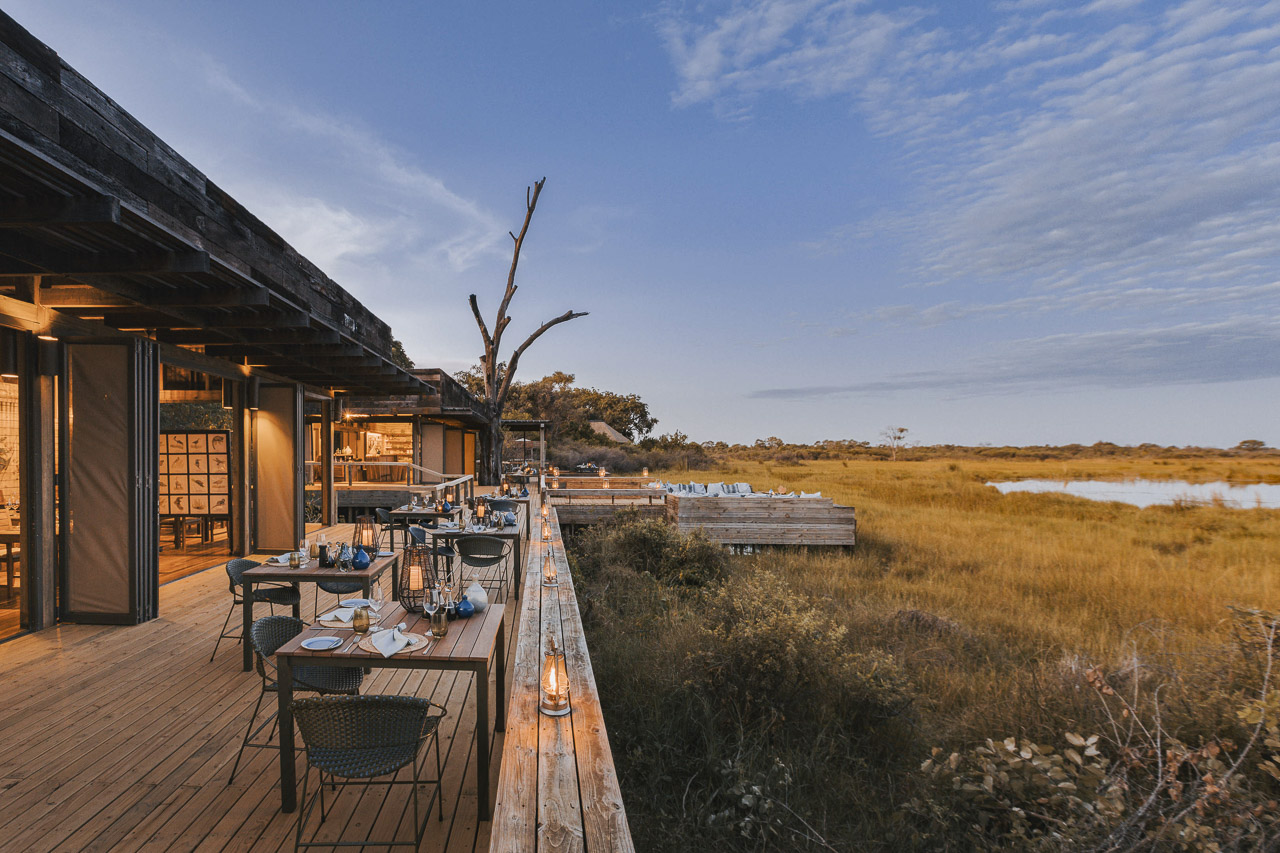
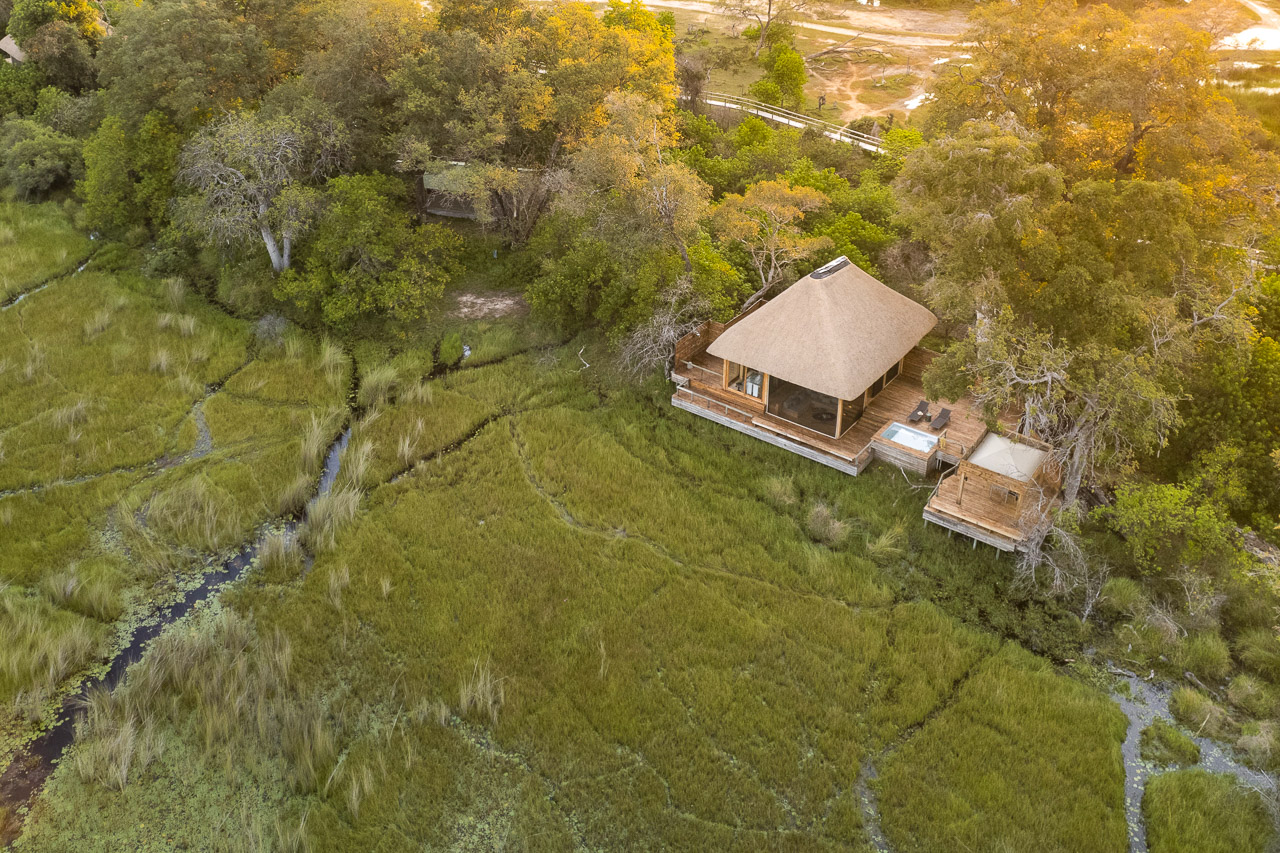
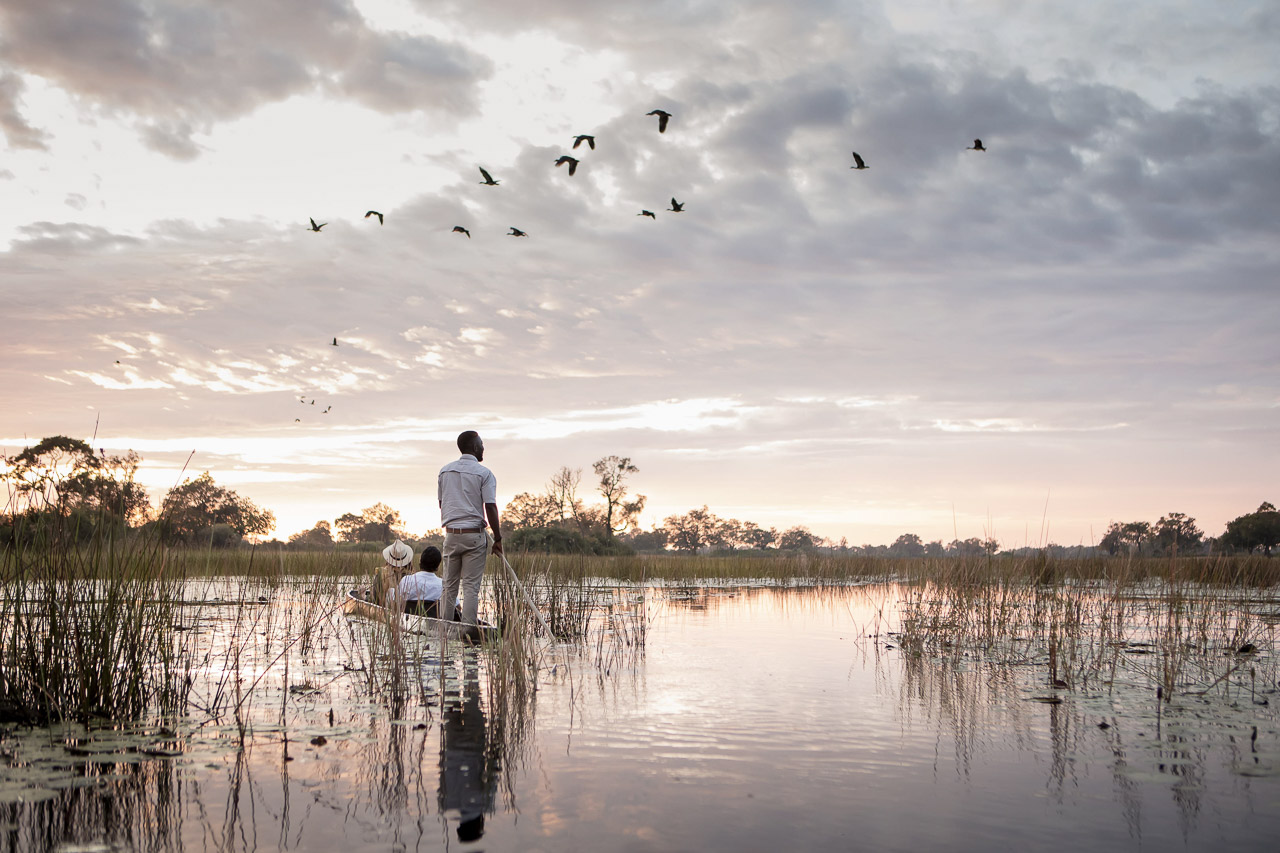
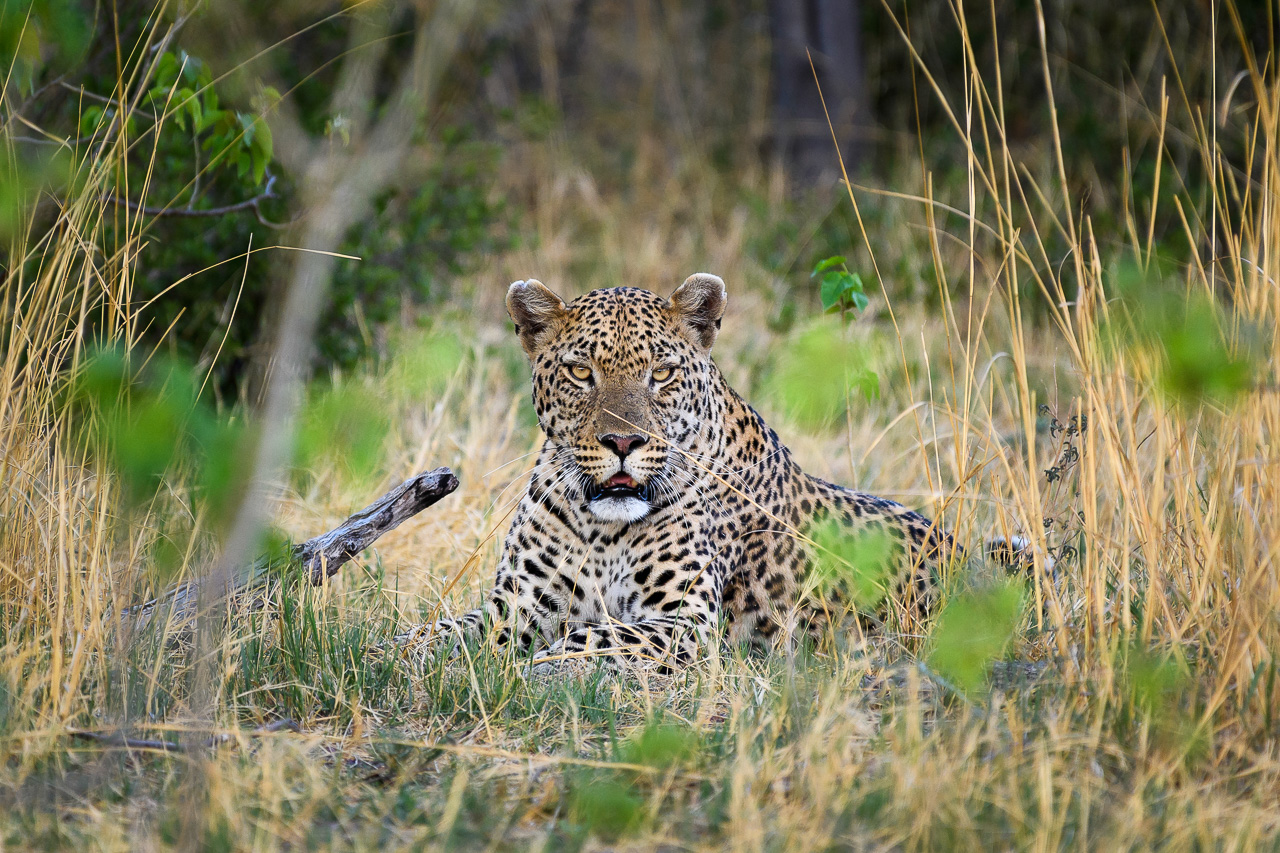
Accommodation Vumbura Plains Camp breaks with the classic safari style, but its modern, purist yet pleasing construction sits well in the landscape. Vumbura Plains Camp comprises two satellite camps (North and South), each with seven rooms.
Each camp has its own main building, comprising a dining area, lounge, bar and large deck. An open fire pit with plenty of seating possibilities has been built on the deck's furthest point. Here guests can sit around a blazing camp fire and review the day's events over a pre-dinner drink.
The rooms are very spacious and can be opened on three sides. In addition to the spectacular vistas and superb facilities, each room also has its own plunge pool, en-suite bathroom with large indoor shower, outdoor shower and a sofa landscape with soft cushions. There are two family rooms that consist of two separate en-suite rooms that are connected by a common deck.
Vumbura Plains Camp is only accessible by light aircraft. The camp is located approximately 15 minutes from the private airstrip. Flight time to Maun in a Cessna Caravan is 35 minutes, and 1 hour 15 minutes to Kasane.
Vumbura Plains Camp is part of the private Kwedi Concession (900 km²). Little Vumbura Camp also belongs to this concession.
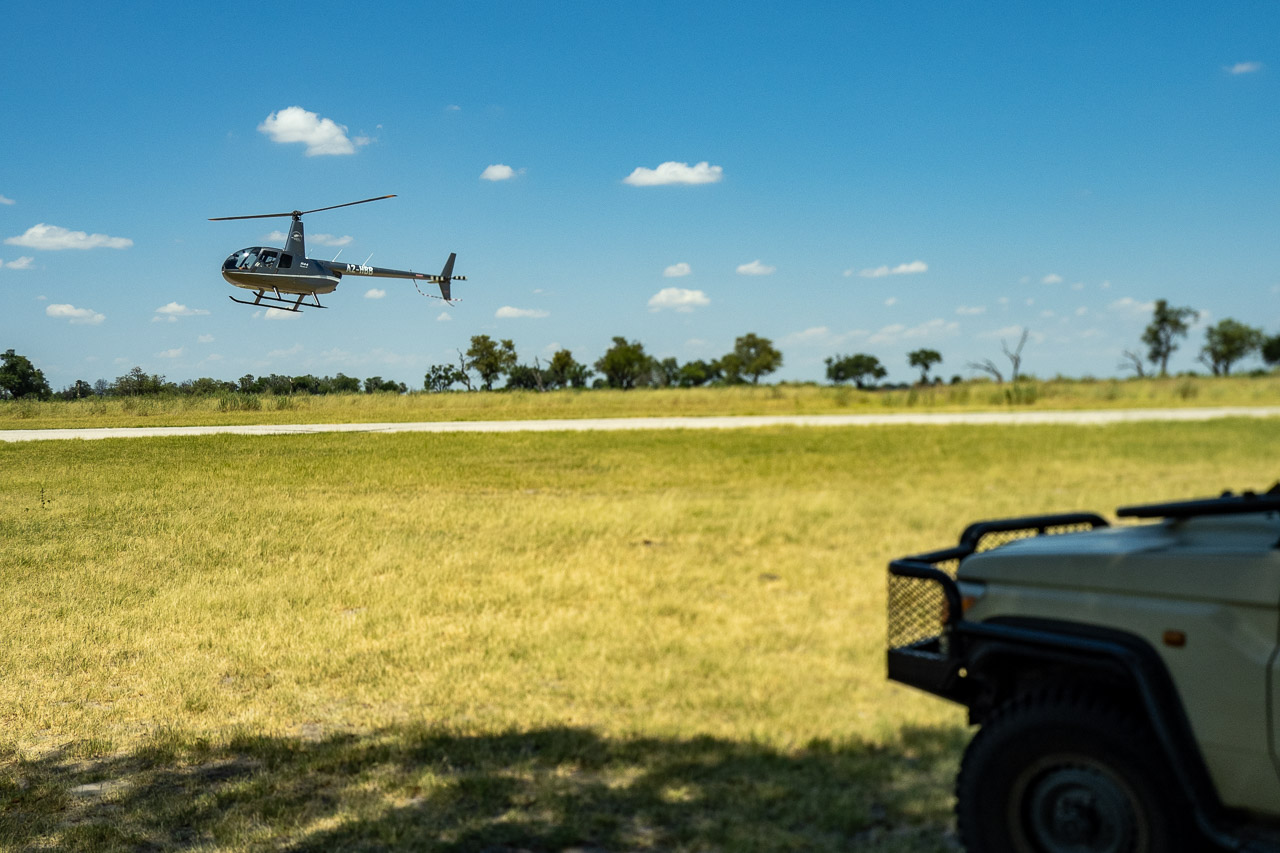

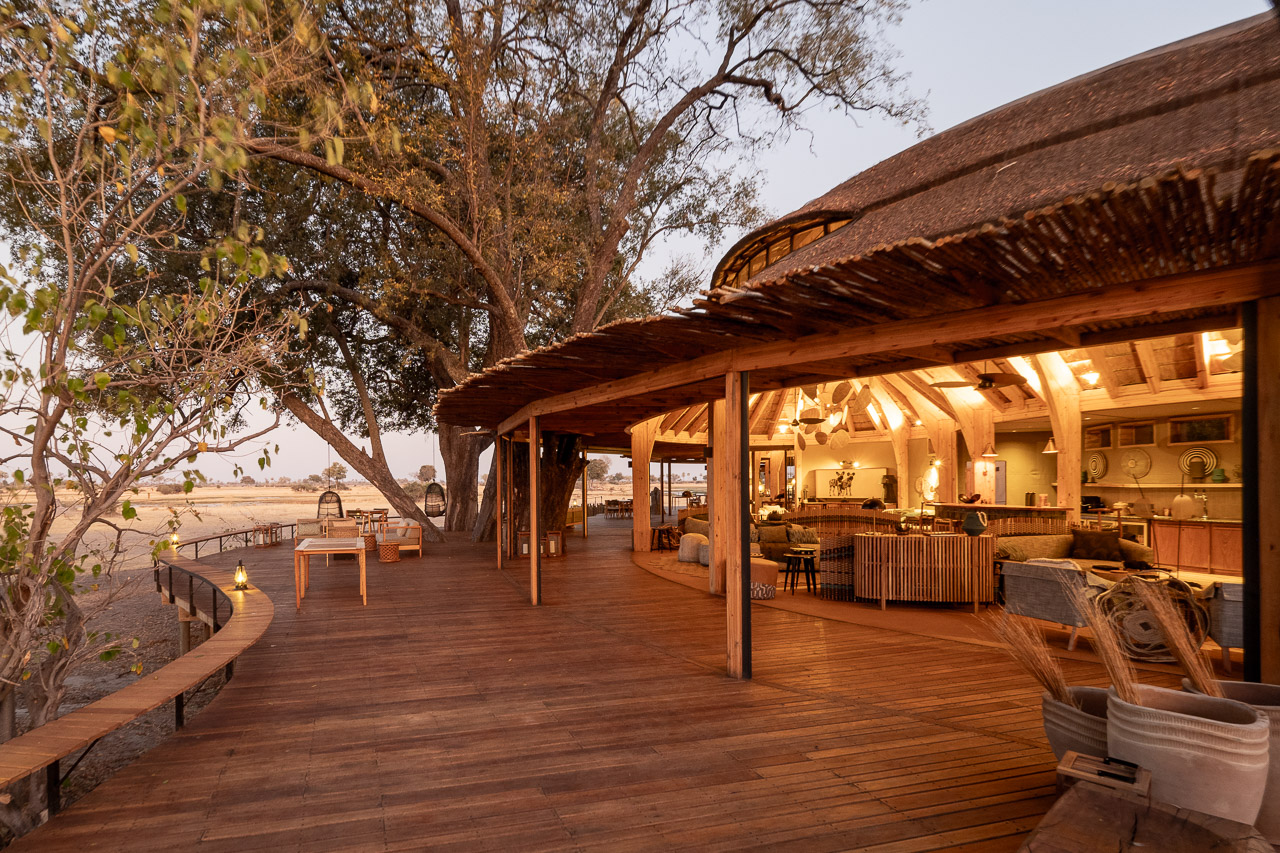
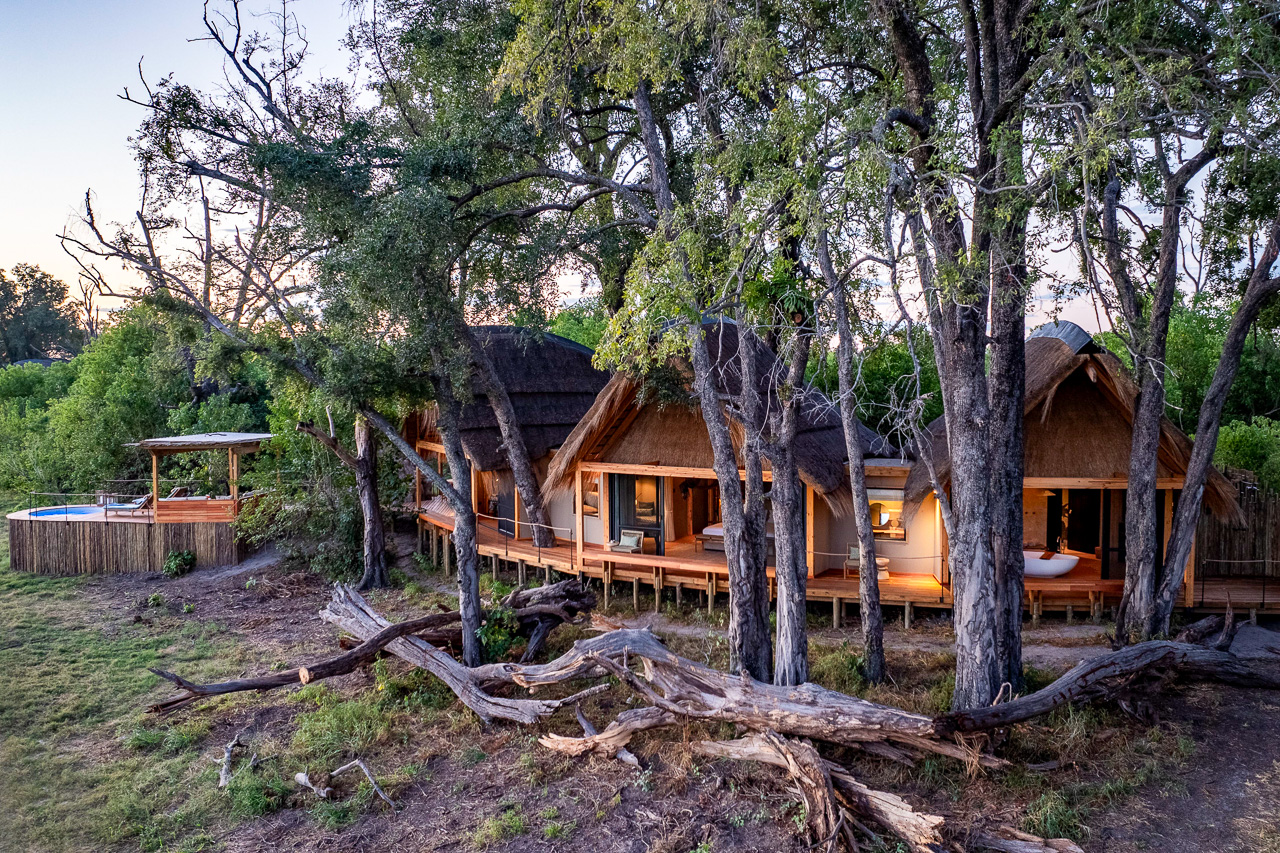
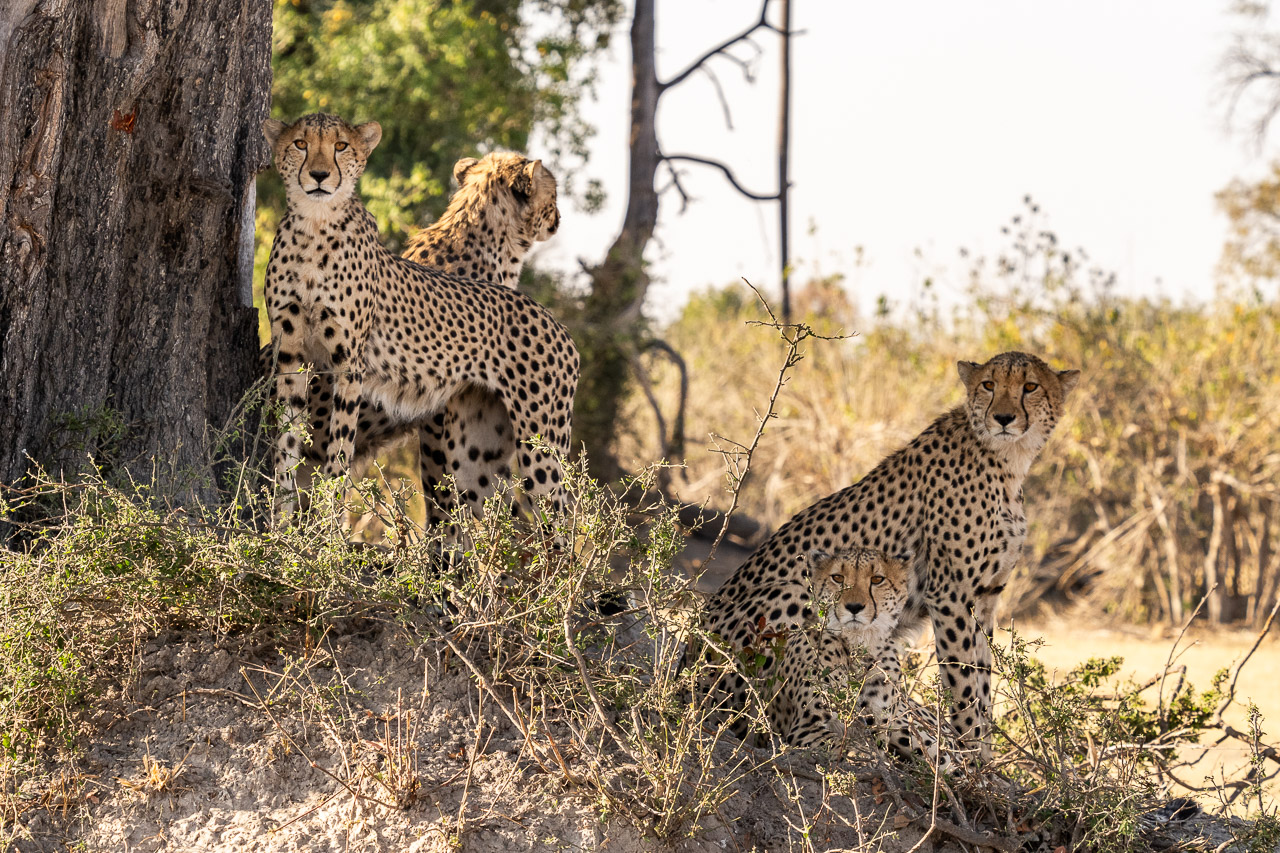
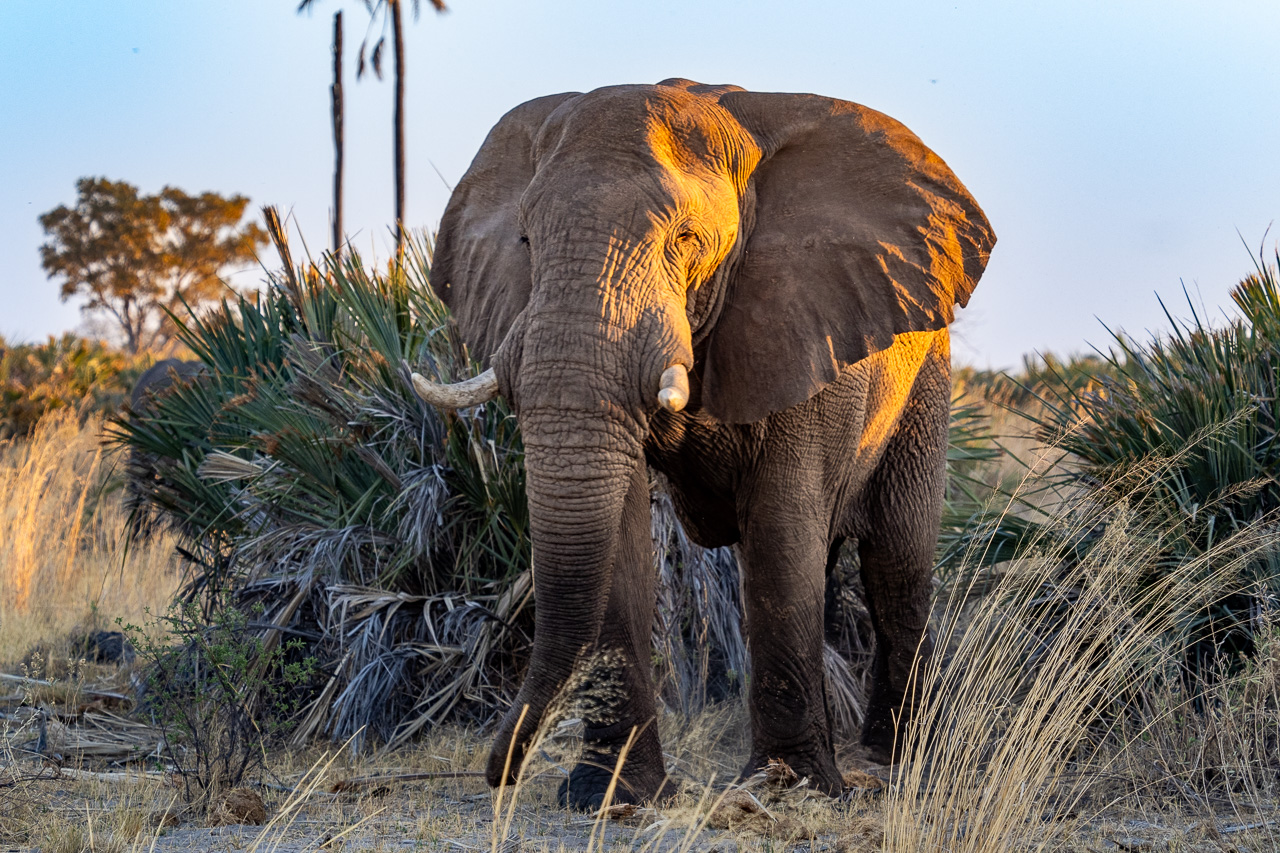
Accommodation
Tawana is named in honour of Chief Tawana Moremi, the paramount chief of the Batawana tribe, whose forebears have been instrumental in conserving the wilderness of northern Botswana. Tawana has a beautiful riverside location on the perennial Gomoti River and offers one of the very few options to explore the Moremi Game Reserve without the crowds.
Tawana has 8 spacious suites, including three family rooms. The suites stretch to approximately 100-square-metres in size (130-square metres for family units) and consist of three units (bedroom, bathroom, lounge) and an outside deck with a plunge pool and shaded sala. The suites impress with their sophisticated, high-quality and very tasteful interior design. Tawana is certainly one of the most beautiful camps in Botswana.
The main area in camp is atmospheric with a restaurant with open-plan kitchen, an elegant lounge with library, indoor and outdoor dining spaces, a curio-shop as well as a walk-in wine cellar as the central element. A wood-fire pizza oven and an open-air dining kgotla add to the Tawana culinary experience. For down-time between game activities, Tawana offers a well-equipped gym and 16-metre lap pool to help guests stay in shape whilst travelling.
Tawana is situated in the south-eastern part of the reserve, east of the well-known concessions of Qorokwe and Chitabe. The camp is situated on the eastern bank of the Gomoti River with view of a vast plain that is usually dotted with animals. The area around Tawana is not private, but the remote location north of the private Santawani concession is very privileged.
Tawana is accessed by helicopter. Flight time from Maun is approximately 30 minutes.
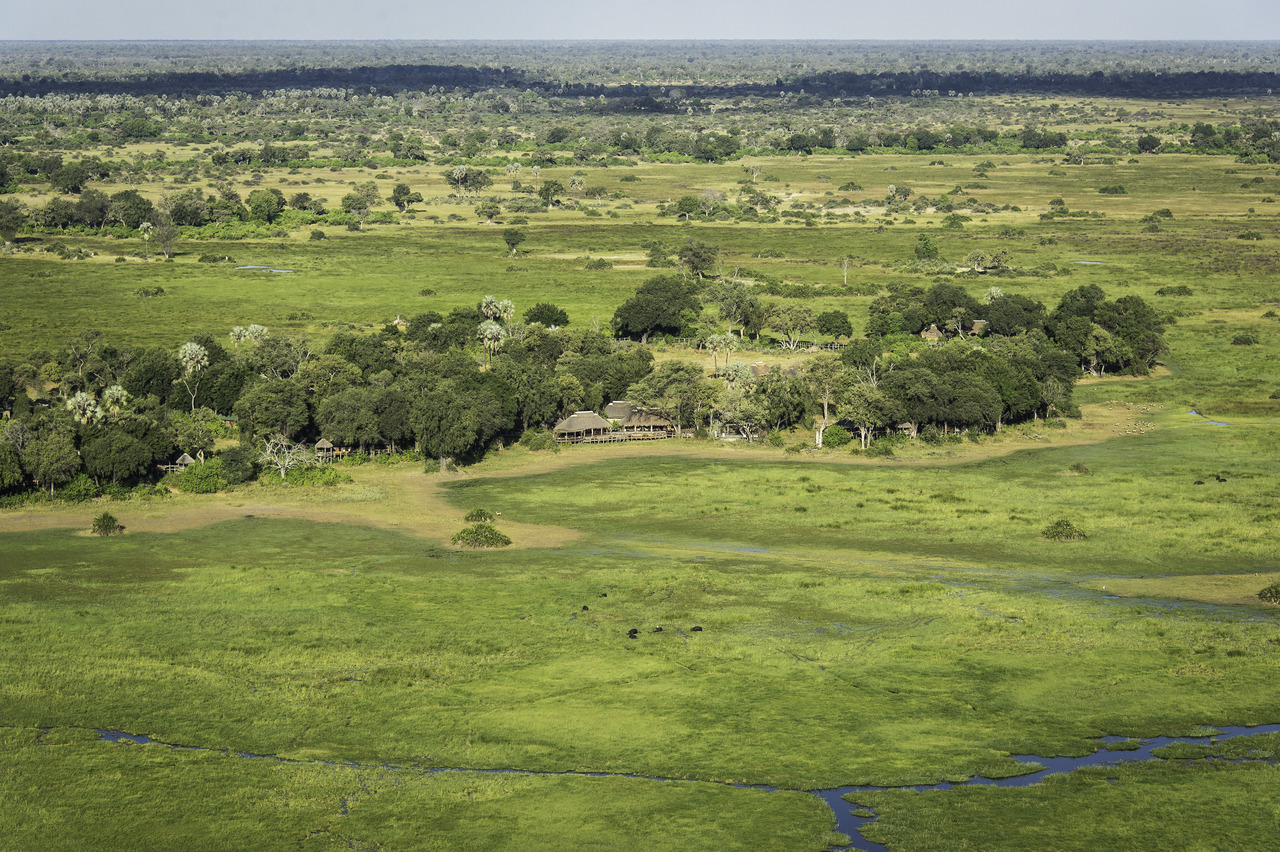
The Moremi was proclaimed a reserve in 1963 by the widow of Chief Moremi III and expanded in several stages thereafter. Today it covers around 30% of the entire Okavango Delta and adheres to a very strict protection policy.
Simply put, the Moremi Game Reserve comprises a lot of water and two large dry plains: the first is Chief's Island (home to the renowned Mombo Camp), which extends deep into the Okavango Delta. The second is known as the Mopane Tongue, the corners of which are marked in the Khwai region by the North Gate, South Gate, Mboma Island and Xakanaxa. Unlike Chief’s Island, whose camps are only accessible by air, the Mopane Tongue is accessible by vehicle.
Similar considerations apply to the Mopane Tongue as to the Chobe-Savuti region: overlanders and providers of mobile safaris travel from Maun to this area and camp at the public campsites or choose the more luxurious option of a private pitch. For this reason, when embarking on a flight safari, we recommend you choose the more expensive but private camps on Chief's Island for the ultimate safari experience.
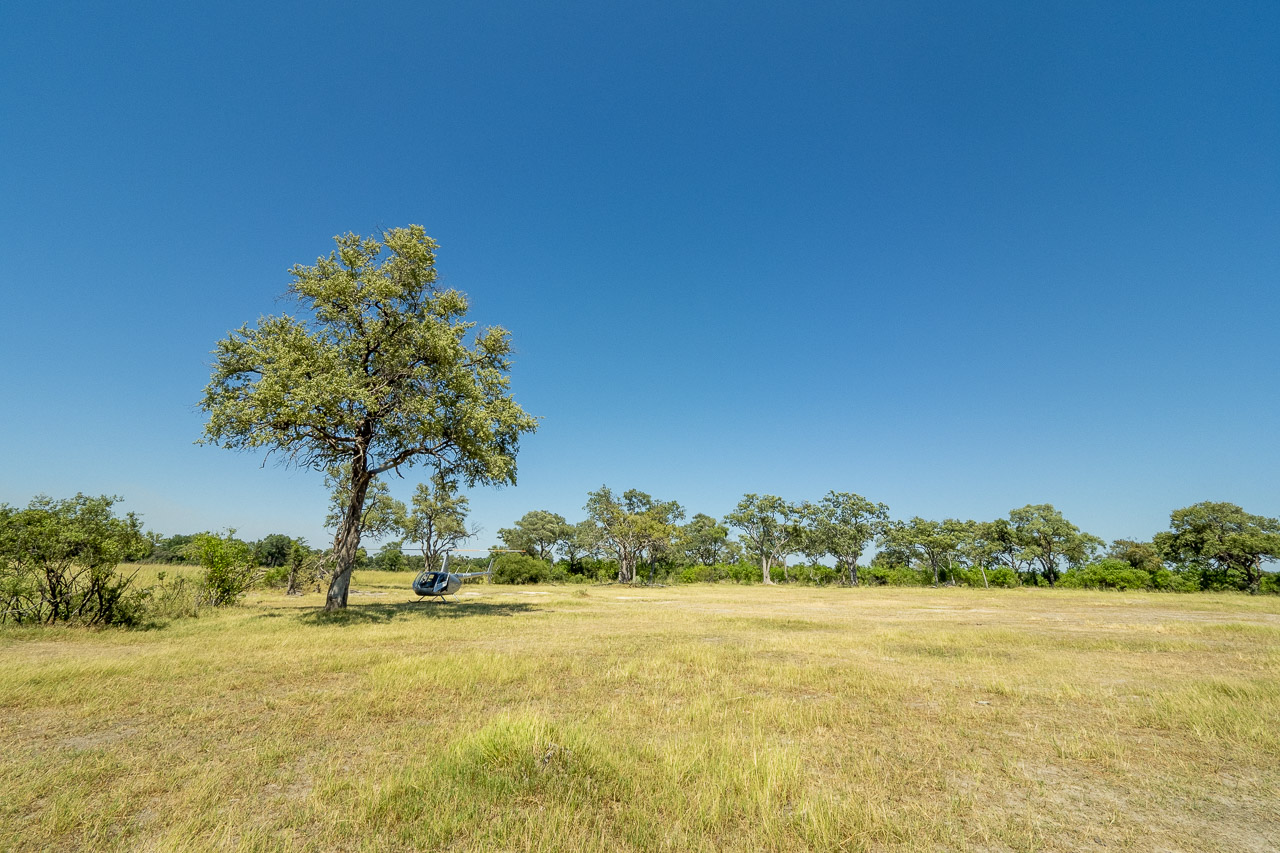

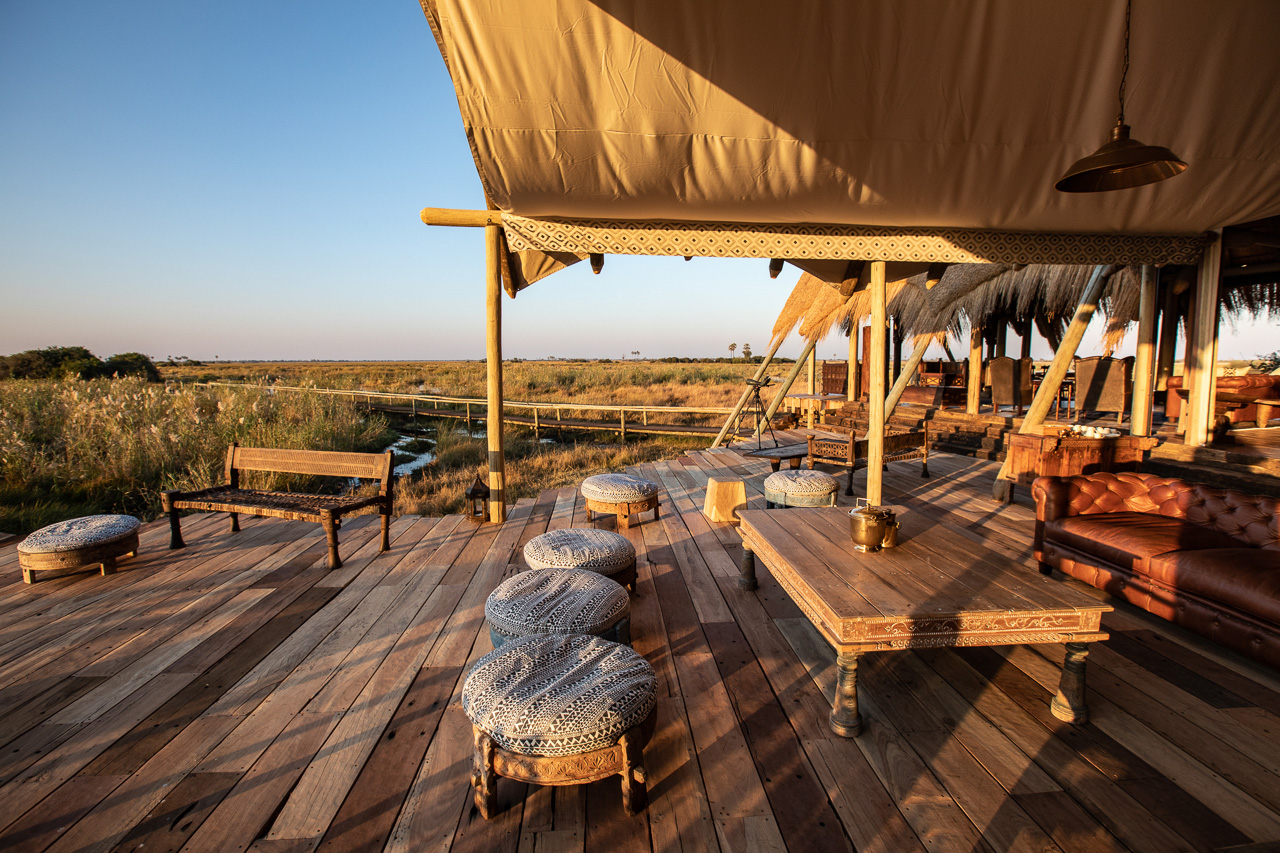
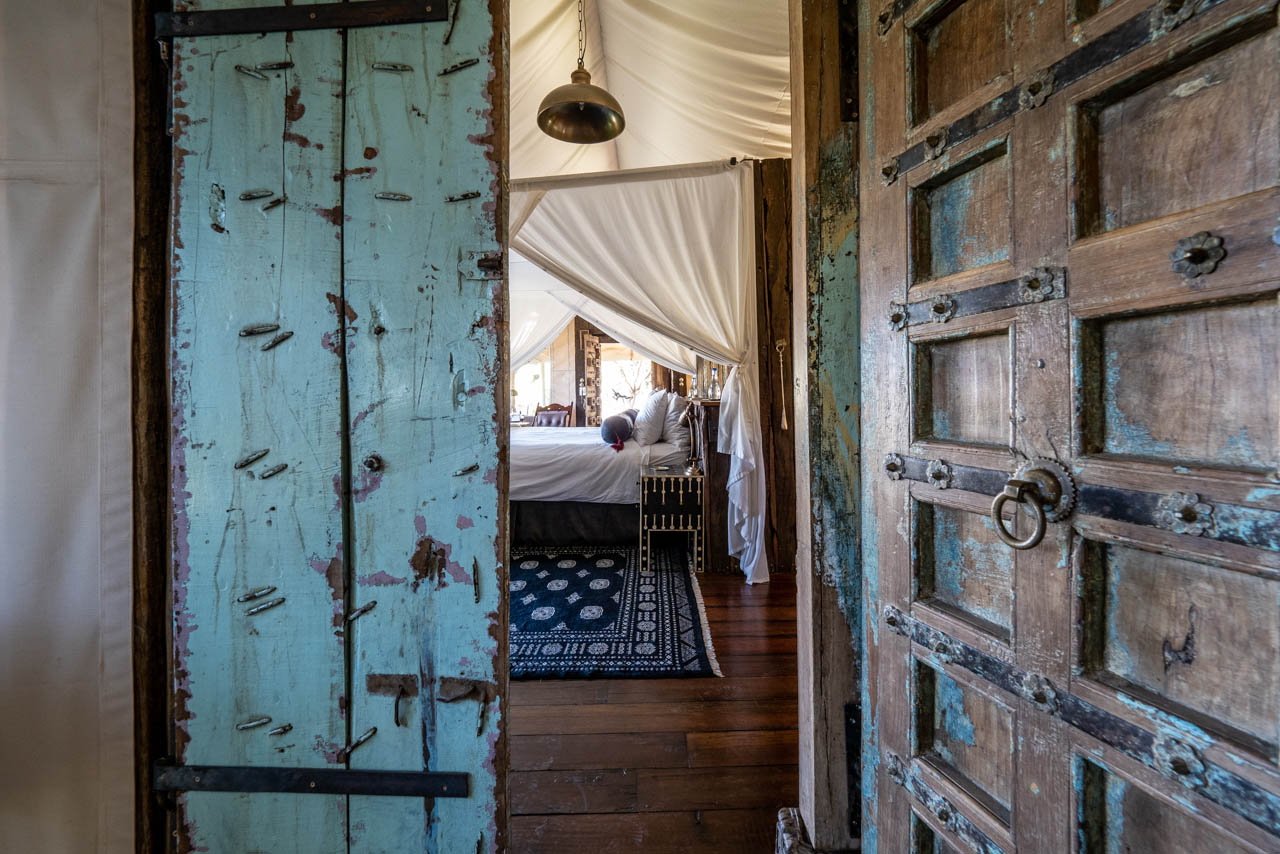
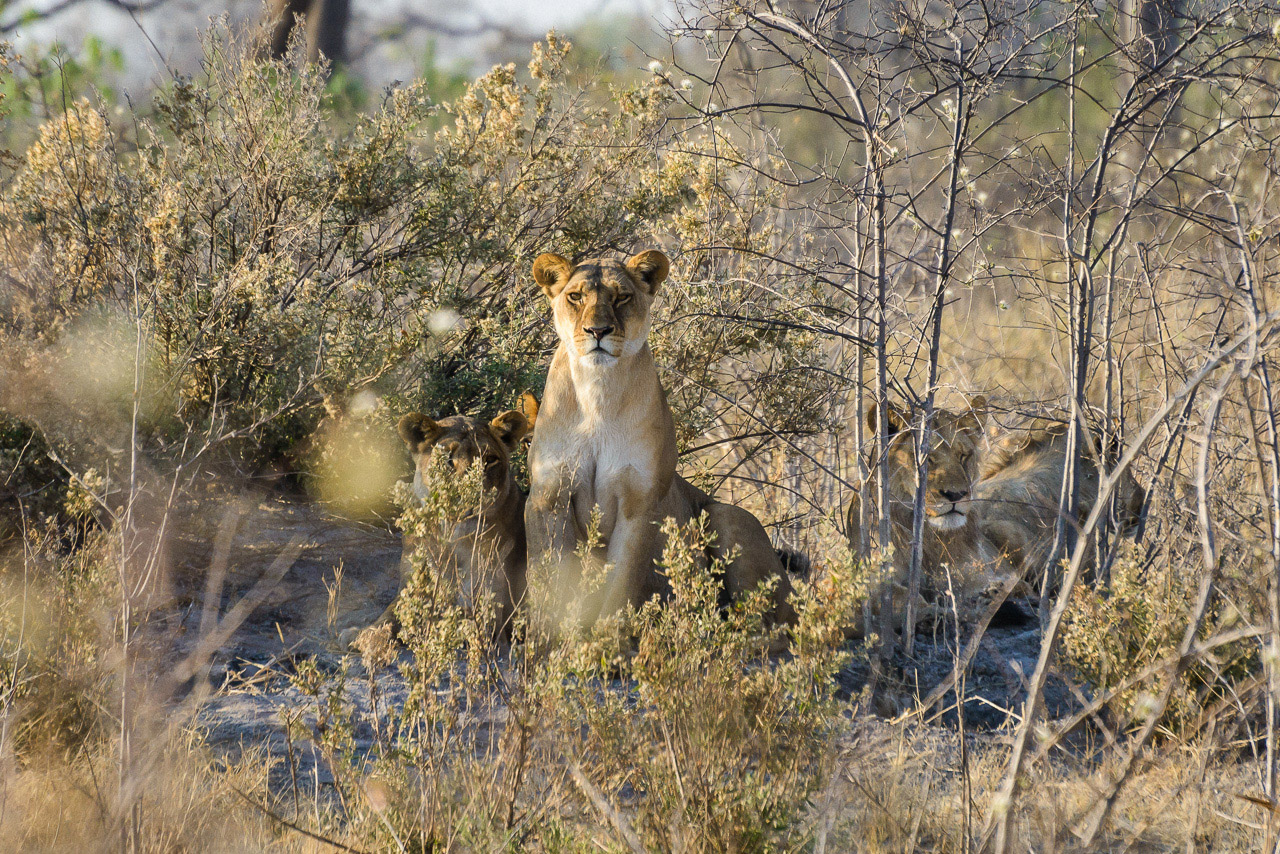
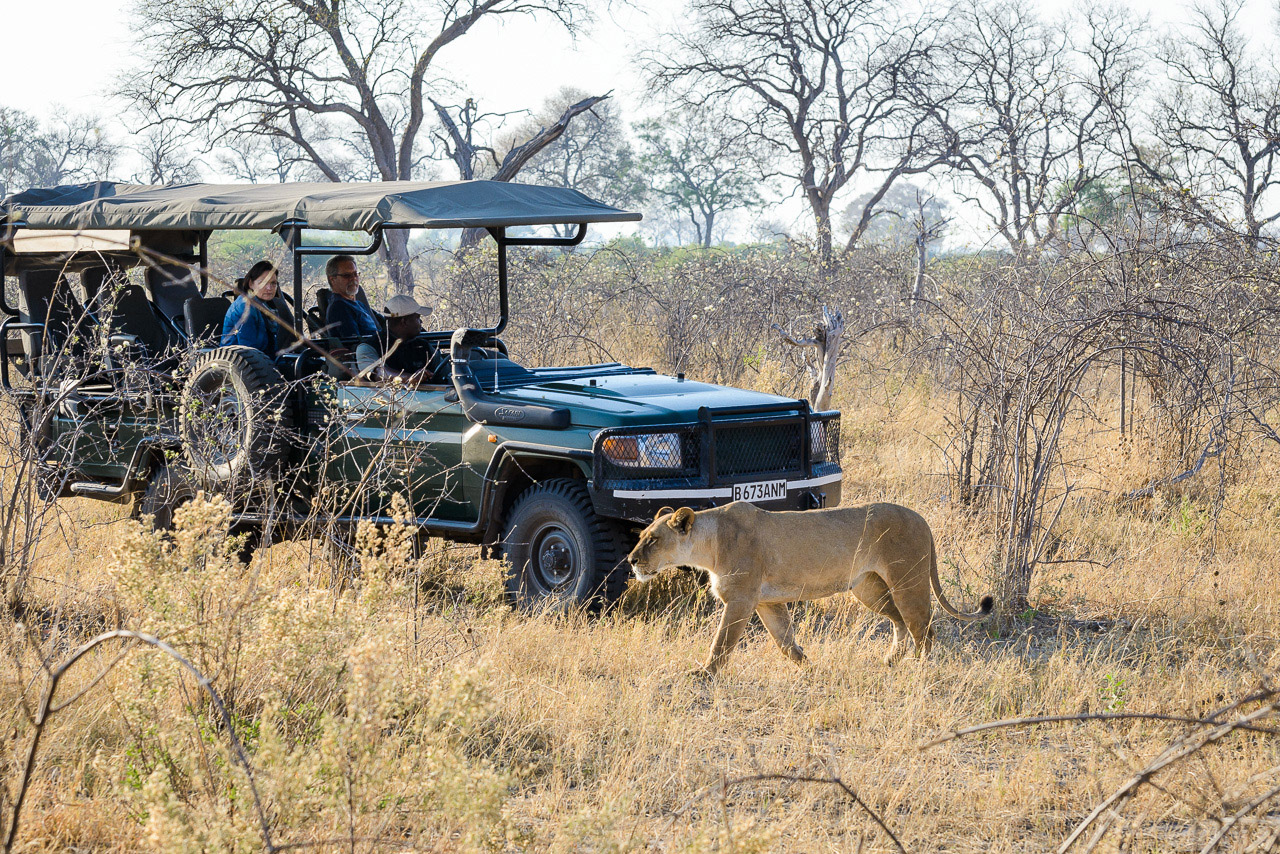
Accommodation
Selinda Camp is small and luxurious, analogous to the concept of Zarafa and Duba Plains, and features only three suites plus the private 2-bedroom Selinda Suite. The camp occupies a truly beautiful spot where the Selinda Spillway meets the Linyanti River.
The guest tents are covered under thatch and feature large en-suite bathrooms, large private veranda and private swimming pool. Each guest tents is unique, designed with its own colour palette and theme. There is in some cultures a fifth element, ‘metal’, which is also incorporated into the design. Every space enhances what Livingstone would have had, what he would have travelled with and found.
In addition to the three main tents, the Selinda Suite (like its fellow Zarafa Dhow Suite and the Duba Plains Suite), consists of a two-bedroom tented villa. The Selinda Suite operates exclusively, as guests enjoy their own private vehicle, safari guide, chef, manager/butler and entrance to their residence.
Selinda Camp is only accessible by light aircraft. The camp is located approximately 25 minutes drive or boat journey (depending on the water level) from Selinda Airstrip. Flight time to Maun in a Cessna Caravan is 40 minutes, and 45 minutes to Kasane.
Selinda Camp is part of the private Selinda Concession (1,350 km²). Selinda Explorers Camp, Okavango Explorers Camp and Zarafa Camp are also part of this concession.
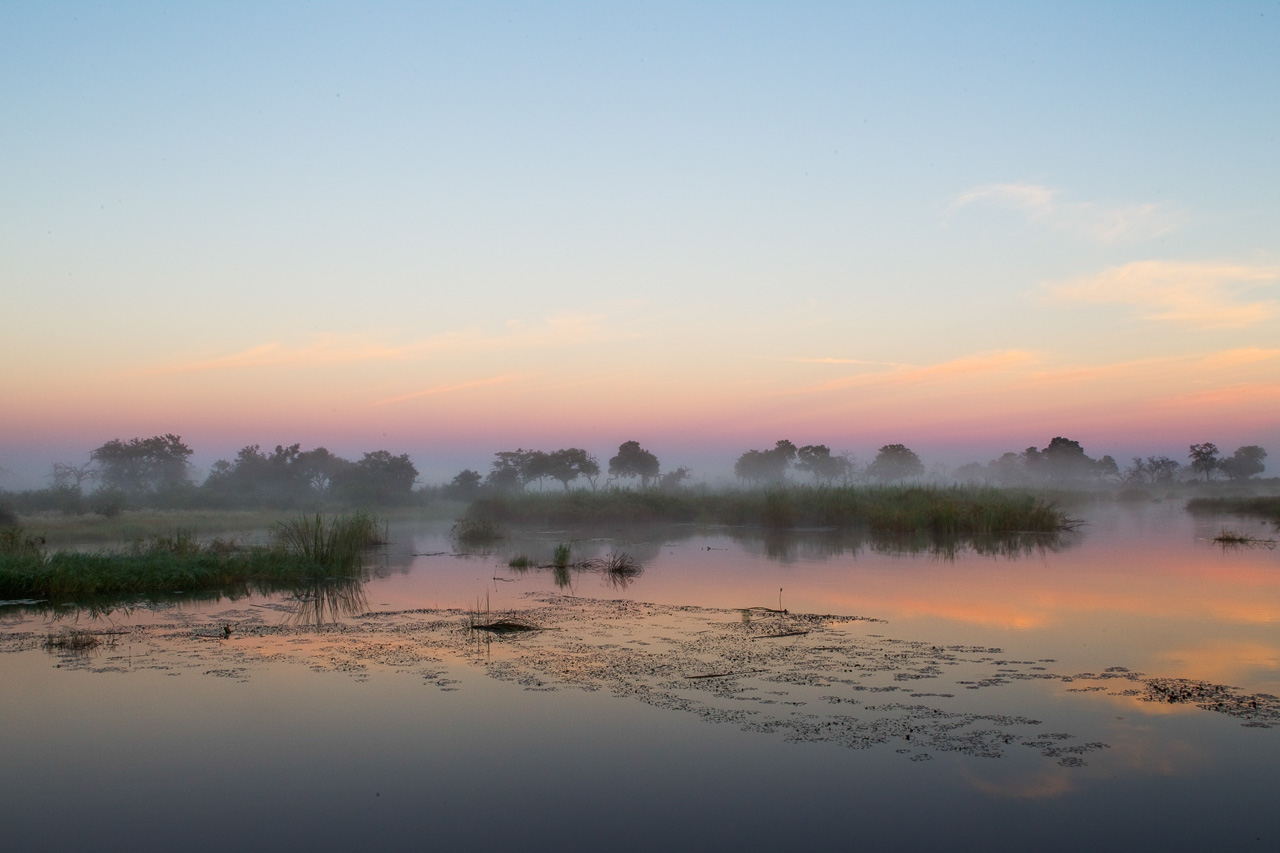
As in the Okavango Delta, we only book stunning, highly exclusive lodges situated in unspoiled nature that are often only accessible by air. The Linyanti region can be divided into four distinct areas, namely the Kwando Concession of Kwando Safaris, the Selinda Plains of Great Plains, the actual Linyanti Block of Wilderness and the Chobe Enclave, where African Bush Camps operate some of their camps.
The Linyanti region allows you to see clearly the influence of tectonic activity in the area. It is believed that the Okavango, Kwando and Zambezi rivers originally flooded much of Botswana, including the Makgadikgadi Pans. Today, the Kwando River flows through the Caprivi Strip in Namibia and heads south towards Botswana. The water hits a slight elevation, which dams the river and forms the Linyanti Wetlands. Here it takes a sharp turn to the east before continuing its journey as the Linyanti River. It then becomes the Chobe River at Kasane before finally flowing into the great Zambezi. The Linyanti Wetlands connect to the Okavango Delta via the Selinda Spillway, a kind of overflow system of the Okavango Delta. Water has been flowing here again during the winter months for several years now, making it the ideal location for canoeing safaris. The Okavango Delta’s increased water level has also returned water to the Zibadianja Lagoon – its outlet, the Savuti Canal, now has sometimes water running along its entire length, feeding the Savuti Marsh!
Although the area has seen dramatic changes in recent years, the Linyanti River still attracts a large number of elephant and buffalo from the Chobe Forests during the dry season, and is therefore still the perfect place to experience memorable game drives.
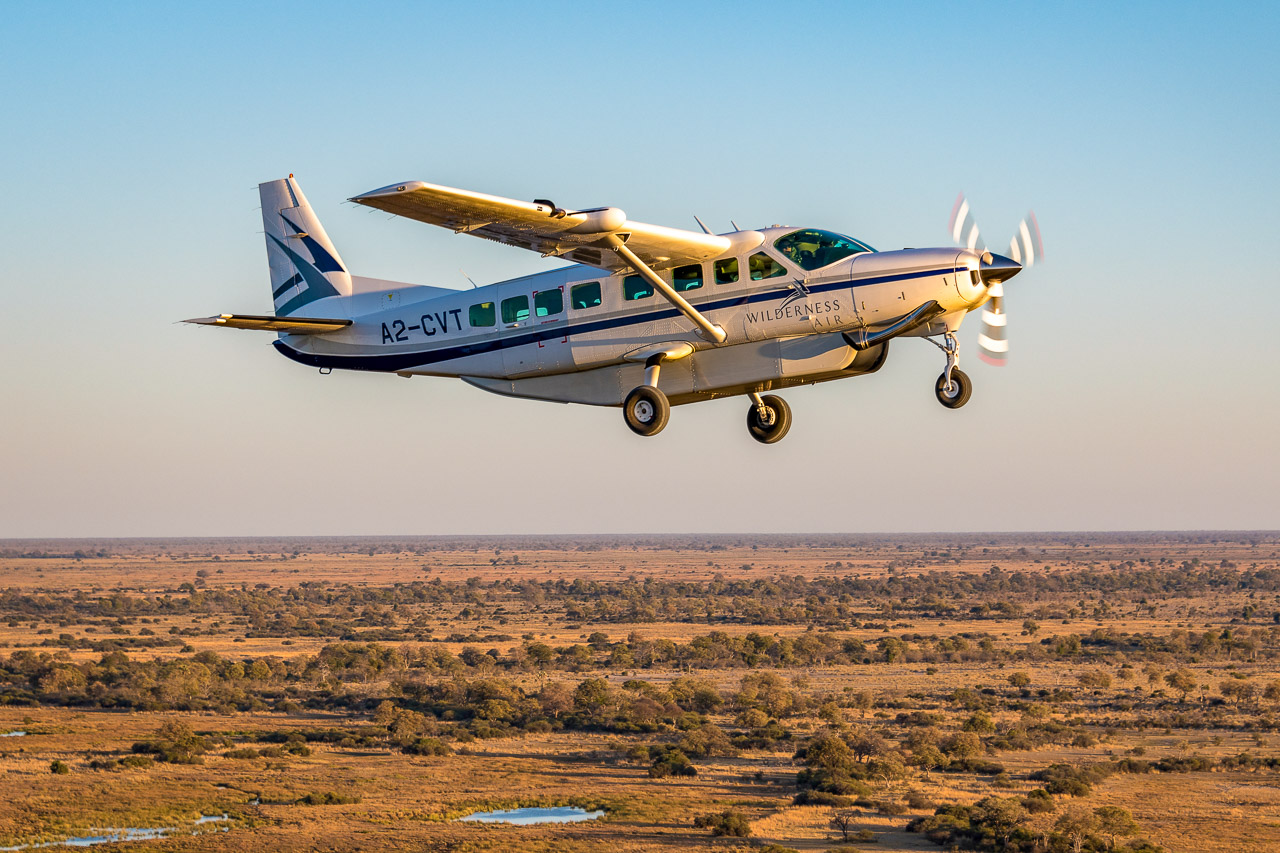
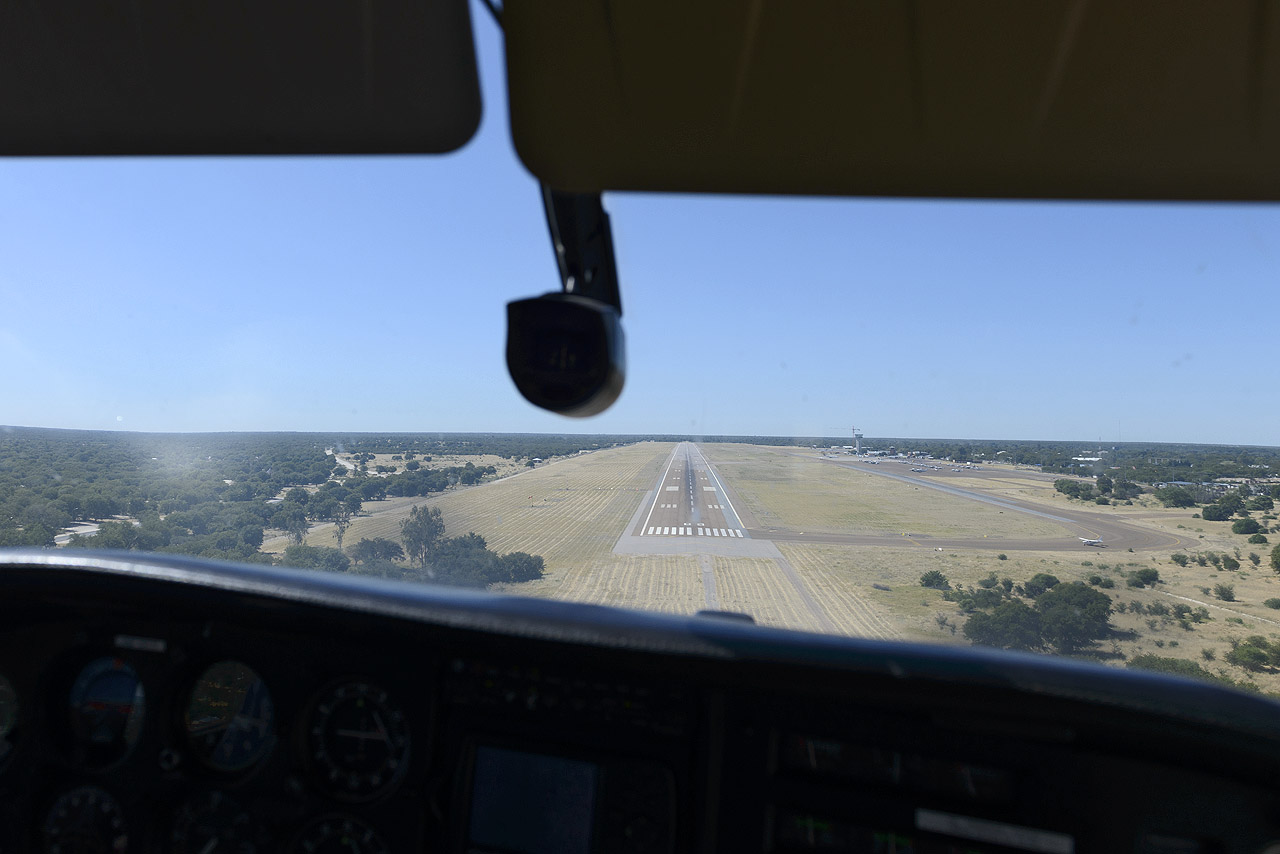
Basic Information
Individual journey. The journey will be planned on your preferred dates.
Duration 10 nights. Minimum age 6 years. Trip vice versa possible. Weight limit of luggage 20 kg.
Includes all transfers from Maun to the hotels/camps to Maun
- Jao Camp: Standard Room. All meals, drinks (except premier brands), laundry service, twice daily shared activities with one of the camp guides.
- Vumbura Plains Camp: Standard Room. All meals, drinks (except premier brands), laundry service, twice daily shared activities with one of the camp guides.
- Tawana: Standard Room. All meals, drinks (except premier brands), laundry service, twice daily shared activities with one of the camp guides.
- Selinda Camp: Standard Room. All meals, drinks (also includes premier brands), laundry service, twice daily shared activities with one of the camp guides.
Learn more about these areas










